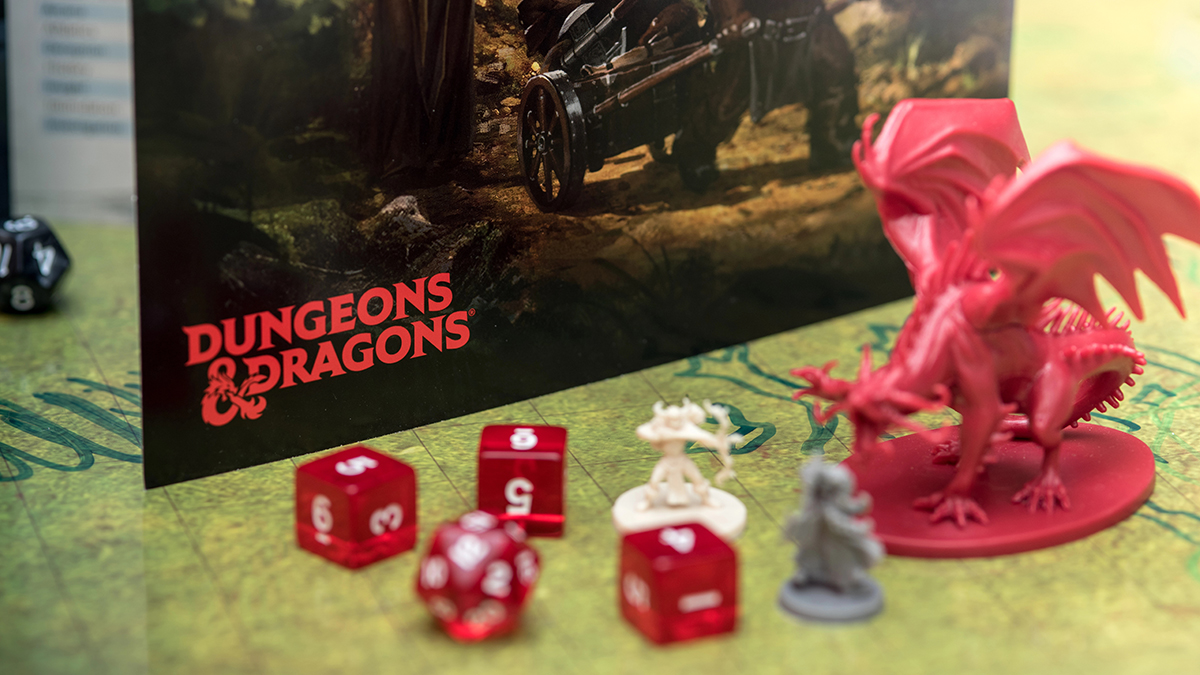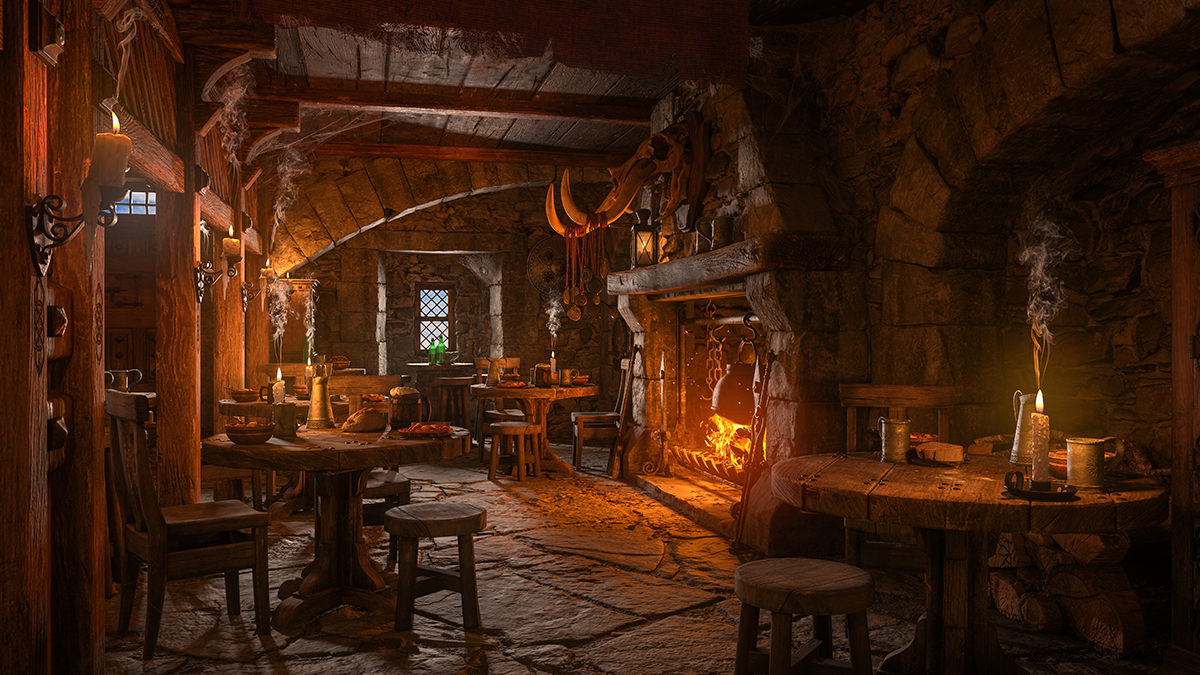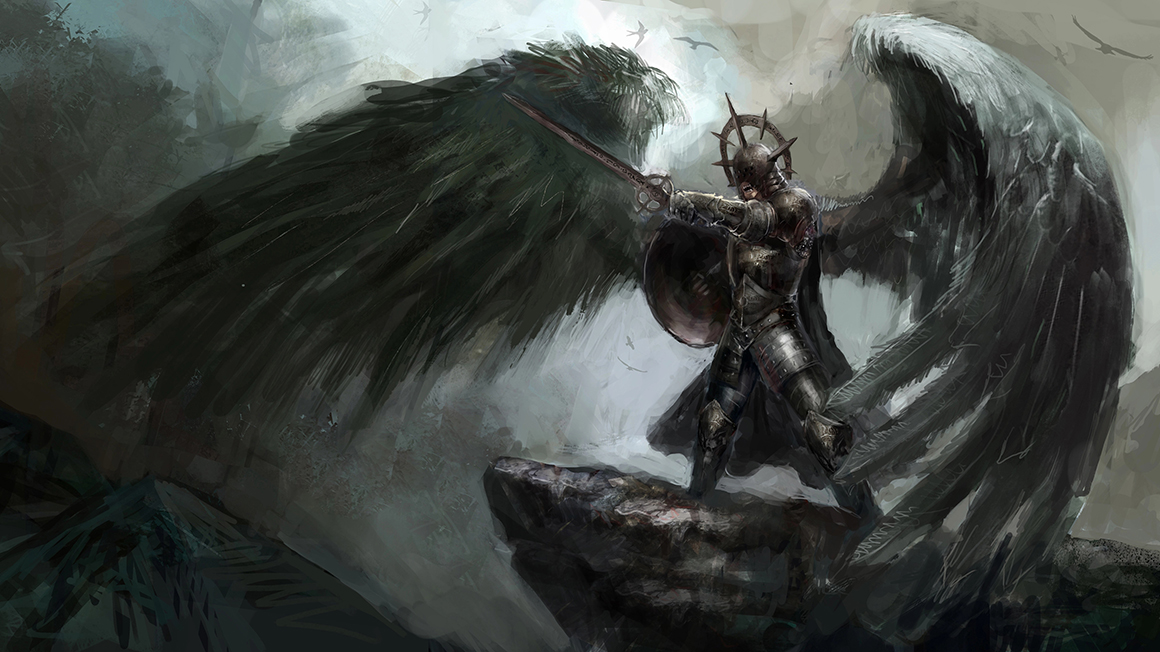Dungeons & Dragons tips and tricks for beginners to enhance your gameplay, whether in person…
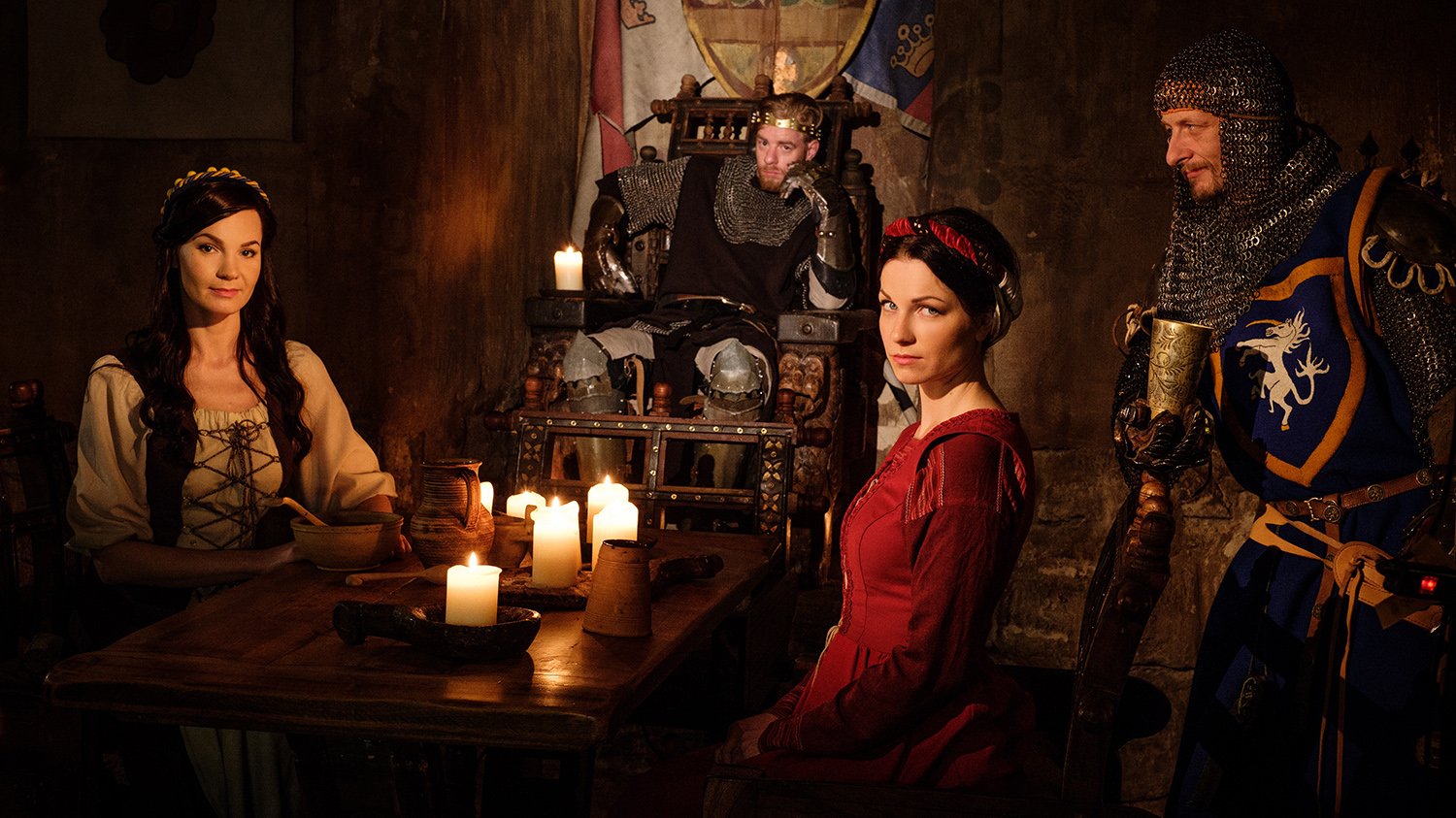
How to Enhance your Role-Playing skills in D&D
Here are some tips on how to enhance your role-playing skills at the D&D table or while adventuring on a virtual tabletop (VTT) like Roll20.
Some of the things that come to mind when you think of The Wizards of the Coast & Dungeons and Dragons are strategy, skills, fantasy and so on and so forth. However, beyond the technicalities, D&D at its core is all about Role-Playing.
You could have all the numbers, calculations, and abilities pat down, but it wouldn’t amount too much in the experience if you can’t use your imagination to contribute to the storyline of the campaign.
Having said that, it is also true that role-playing isn’t essentially a strong suite for everyone. So here are some tips for new and seasoned players on how to improve your role-playing skills.
Tip 1: Communication is a two-way street in Dungeons & Dragons
You might think that this is a very basic concept to grasp, and yet sometimes it is very easy to get carried away when it comes to taking center stage in a D&D game. You don’t want to hog all the spotlight. After all, Dungeons & Dragons is based on a party system for a reason. You need to let your party members have their moment too.
While it is important to be participative and responsive during a campaign, don’t be too eager to always grab the attention by always answering first or talking non-stop. As important as it is to speak your mind, make sure you’re also keeping your ears open and listening to others as well.
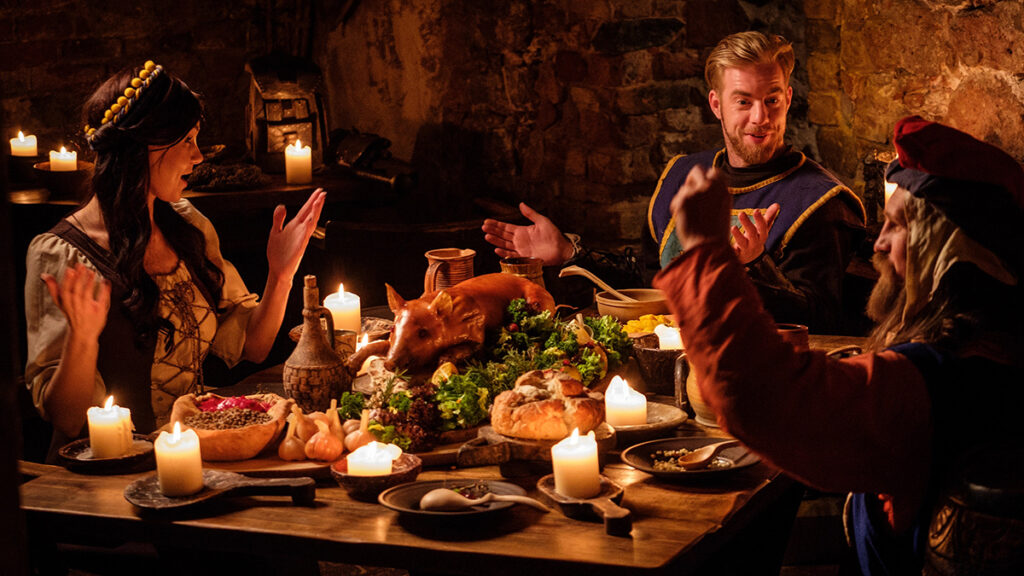
When playing a D&D campaign, it is ideal that all the players present at the table listen to each other. While it would be preferable that everyone shares the spotlight equally, each players have their own unique roles to play. For example, the barbarian in the party might provide comic relief while the bard might be the one to respond when an NPC gives the party a quest. Play your part to perfection and trust that others will give you your moment in due time.
Always stop to think and analyze if you find that you’ve been talking too much. Ask other party members for their opinions and take their options into consideration as well. This will not only provide everyone with opportunities to make an impact on the story, but will also enhance the experience of your Dungeons and Dragons campaign.
When there’s a crowded table of 6 or 7 players, chances are that some of them might be shy to speak up. So, make sure that you’re not talking over others. It is the sign of a good player that they naturally invite others in when it’s their turn. Enjoy and embrace each moment and take the time to describe your play-through and make it a special experience.
Tip 2: The fun has to be intentional in D&D
Did anyone ever tell you the importance of romanticizing simple things in life, like having a cup of coffee or listening to your favorite song? Well, that advice not only works wonders in real life but also while playing D&D.
Many times, you need to make fun intentional even if certain tasks seem mundane. If you believe that your character is boring, then chances are that they are indeed boring. Which is why it is crucial that you create something that you will enjoy while playing Dungeons & Dragons.
You’d be surprized how much fun you can have with even the simplest class, like a human fighter for example. Picture this, your human fighter could actually be a florist, who has dedicated his life to discovering and preserving all species of flora in the world. While his duty calls him to be a fighter, he’s actually a lover who loves tending to gardens in his spare time.
Adding traits and ordinary skills to your character can give them depth and make it even more fun. Maybe your character loves to cook and create new dishes from herbs and monsters found in the realm or, they have a passion for fashion and use their skills to conjure fashionable robes and armor for the party when they can.
Dungeons & Dragons allows you to make something unique with so many races, classes, and subclasses; For instance, you could play a tortle who speaks very slow but exhibits super speed during combat.
If you can take something boring and transform it into fun, you’ve succeeded at role-playing. Give your characters quirky traits such as dark humor, the ability to inflict damage while dancing, banter with enemies, or make them give enemies fashion advice.
Intend to have fun with every conversation. If your fighter only rolls one die, make the description count. If some players take five minutes for their turns, don’t rush through yours in five seconds. Take your time, enjoy the moment, and make it memorable.
Tip 3: Create a rich backstory for your D&D character & then keep building it
One of the biggest mistakes new players make when playing D&D is creating a small backstory in their first session and just stop. You should keep building upon your character’s backstory and develop their character as you learn more about the world and the Dungeons & Dragons campaign that you’re playing.
It could start with something as simple as having strict parents that you ran away from and continue with a tragedy where you found out they were killed by invaders in your absence. As the story progresses, you can continue adding depth and layers to the character’s persona such as seeking vengeance, or making peace with yourself and getting rid of guilt, or even wanting to have your memory wiped clean. The sky is really the limit.
You can collaborate with your Dungeon Master to incorporate your backstory into the campaign. Most DMs would gladly use your ideas and help develop your character’s story in the process as well.
Ideas are always up for discussion. Maybe you’re thinking that your sister has been swapped with a demon and you want to confirm your suspicions by using a relic that would force the demon to reveal itself. Discuss the idea with your DM, they just might love it. Now, you have a new goal – find the ancient relic to help you.
Tip 4: Become one with your D&D character
I’m sure that you would agree, it’s quite easy to get sidetracked with all of the rules while playing Dungeons & Dragons and forget about the story. When you focus too much on the mechanics and engage in out-of-character talk, it can easily pull everyone out of the experience. So, it is pretty crucial that you stay in character.
For instance, instead of asking, “Can I use my tracking ability for a +2 bonus?” stay in character: “I’ll try to focus on what I’ve learned. I recognize these tracks. I’ve studied how forests adapt to those passing through. I’ll use my skills to find the enemy’s path.”
It’s also fun to describe abilities and spells in character. If you cast magic missile, describe how you form a ball of energy, the effort that it is taking on your body, and how you have found the strength to hurl it at your target. Each character’s spellcasting can be unique this way, adding to the fun of role-playing.
Tip 5: Let your Character grow and change in their Dungeons & Dragons adventures
Some of the best D&D characters are those that evolve with time, and it’s only natural to do so just like in real life. Maybe they started out as too optimistic and naïve and only saw the good in the world, but coming across evil and manipulative rulers and enemies have helped them become more practical and nuanced in their view of the world.
If something dramatic happens—like a fellow player or NPC dying or causing betrayal—it can affect how your character fights or approaches situations. This could lead to multiclassing or changing their demeanor when facing certain enemies.
On the flip side, a companion in the group might help your character become more open-minded about outsiders. Evolving characters create richer and more compelling stories.
If your character’s personality doesn’t seem to fit the current campaign, allow them to evolve. Adjust their outlook or methods, and it will make for a much more enjoyable experience for not only just you, but everyone else involved as well.
Hope these simple tips will help you in your next adventure. For more articles, check out our blog. You can also check out our schedule for upcoming campaigns that you can join on Roll20. Here at Elite Adventures we host a lot of beginner-friendly D&D games if you want to try. Have a look, and we hope to see you at our table!
Don’t forget to join our community on Discord using this link https://discord.gg/WBg4RE4pDR for more discussions with fellow players.

